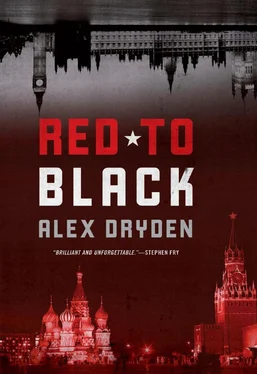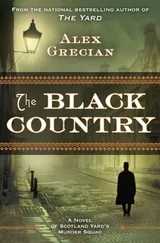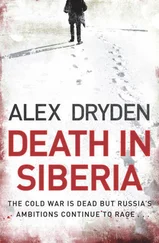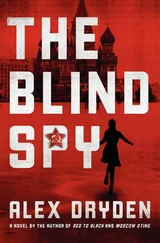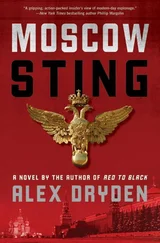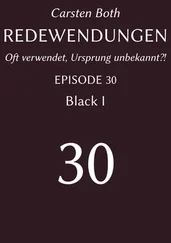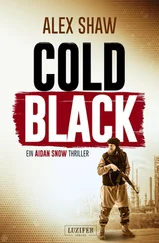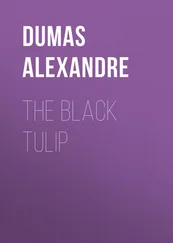‘Another bad fairy tale,’ Finn said. ‘A make-believe state.’
‘Make-believe but real. There’re two thousand square miles of flat steppe and cultivated fields, from which everyone except the nomenklatura chisels a meagre livelihood for forty dollars a month,’ I said. ‘Essentially the SVR runs the economy. There are two main companies and they control everything. They’re both overseen by the self-styled “president” of the enclave. The boss of the first company is a senior commander of the MVD branch of the KGB. The second company makes arms and is controlled directly from Moscow, mainly from the Russian Ministry of Defence, but it also makes arms on the side for illegal export.’
‘And Reiter’s trucks go to one of these two companies?’ Finn asked.
‘They have to. Apart from these two companies there’s nothing else in the place except second-rate vegetables.’
We studied Willy’s map and Finn traced with his finger a small road back westwards from the so-called ‘capital’, Tiraspol, a city with no airport, towards the River Dniester, which separates the enclave from Moldova.
‘The river protects its borders, and Willy says the bridges are well guarded,’ Finn said. ‘But a river’s a river. It’s porous. This is where we cross.’
He pointed to a lonely stretch midway between two bridges.
‘There are patrols along the banks, of course, but Willy has a good record. He’s crossed here half a dozen times in the past when it was more closely guarded. He’s given me an updated study of how their patrols behave, what we can expect.’
Finn and I left Chisinau at midday and took a bus to within six miles of the river on the Moldovan side of the border and began to walk. It was a beautiful afternoon, larks sang, motionless, over the cornfields, and we stopped and ate a picnic we’d bought before we left. Then we set off again in the late afternoon.
When we were little more than a mile away, we sat on a small grassy hill surrounded by fields planted with sunflowers. It was pleasantly warm; the summer temperature lulled us.
A woman working in the fields, or maybe she was a gypsy from a camp nearby, stopped and offered us some kvint, the local brandy. We drank and exchanged nods and smiles. I didn’t want to speak Russian in front of her. We told her we were Ingliski. When she’d gone, we took the precaution of walking in the opposite direction we’d been heading, until nightfall. Then we retraced our steps to the river.
About two hours after darkness descended we reached the river and walked along the bank of the Dniester for another four and a half miles southwards, along the Moldovan side. Finn saw the small hut disguised with branches for the purpose of duck shooting that Willy had used in the past. Next to the hut, under a small cover of woven branches, was a skiff that was tucked into the bank and tied to a wooden post. It was just as Willy had described it to Finn. Two oars tied by a new rope were attached on the inside of the skiff.
There was no moon and in nearly complete darkness I slung my small backpack into the skiff and untied it from the post. Finn said the current would take us automatically to the centre of the river. I lay down inside and Finn lay on top of me. He pushed us off from the bank with his foot and we were away.
Willy was right. The current bounced off this side of the river and took whatever floated into the centre of the stream. Once we’d reached the centre of the river, we’d have to propel the boat, and using just one oar, over the stern like a gondola, Finn fought for several minutes to push us beyond the fast-flowing central stream to where the current moved us slowly over towards the far side. After about a mile, with us both lying in the bottom of the boat and Finn struggling with the oar, I sensed we were heading slowly towards the opposite bank to the place where we intended to land.
Here, the river curved away in the opposite direction and the current was in our favour again, taking us towards the bank. We drifted with our heads below the sides of the skiff.
On this bend in the river, there was thick woodland and, according to Willy, no observation post for half a mile on either side. We drifted until the skiff bounced along a high bank and Finn grabbed an overhanging branch. We lay in the boat and waited, listening for dogs or shouting or warning shots, and catching our breath. Slowly, Finn crawled over the side of the skiff and half swam, half pulled himself with the branch to the bank. I threw my backpack to him when he’d climbed up the bank and followed him. We collected stones to put in the skiff and sank it. Finn tied the painter on to a branch that dipped beneath the water; we’d be returning another way, but it was a good precaution if things went wrong.
We waited at the edge of the wood under cover until we could be sure no sentries were close or troop manoeuvres were taking place nearby and then crossed a dust track into some fields of vines. They provided the cover we needed to reach a road on the far side of several fields, where we could wait out of sight for a bus that came sometime after dawn.
It was a short journey by bus to the border town of Bendery. By mid-morning we had reached the town, with its statues of Lenin still in place, fifteen years after the Soviet Union collapsed. We were two British backpackers, fascinated by this frozen piece of history, on a walking holiday.
The town of Bendery lay further north back upriver from where we’d landed. The capital Tiraspol has some modern buildings paid for with mafia money, and a huge new stadium, but Bendery has very few modern structures. Both cities are museums of Soviet architecture, but thanks to its border position with Moldova, Bendery’s few modern buildings are paid for from legal and illegal cross-border traffic.
The two companies we were interested in, which are effectively Transdnestr’s economy, were both based in Bendery. The first place Finn wanted me to look for Reiter’s trucks was located in the barbed-wire fenced yards of Pribor, Transdnestr’s arms manufacturer, controlled by the shadow state company Salyut in Russia.
We knew we were at the point of no return, illegal entrants into an illegal country, one of us an SVR officer, and the other a British spy. There was nothing we could do now if things went wrong. I’d be escorted to Moscow. And Finn? I didn’t know what they’d do with him, but I doubted he’d choose to be captured alive.
It was in a café, about a mile or so from the Pribor factory, that Finn and I went our different ways. His job was to find a car, mine to enter the factory. A car hire company, if one existed in Transdnestr, was out of the question and he’d have to buy a car with cash.
Both of us were nervous. I saw the rationale behind the practice at the Forest- and I’m sure at MI6- that two people in an intimate relationship were never sent together on an assignment. It was distracting me now. Leaving Finn was uppermost in my mind when I should have been thinking about the job.
‘We could have a coffee, if you like, Rabbit,’ he said. ‘Or we could just go home.’
I put my arms around him and whispered in his ear.
‘I love you, Finn.’
He kissed me, squeezed my hand, and we both turned and walked in opposite directions.
I walked towards the depot without looking back and found a café a few hundred yards from the entrance. It was hard to clear my head. We had several rendezvous, depending on my timing. If I found what we were looking for at Pribor, there followed one set of rules between Finn and me: we would meet in the main square at Tiraspol. If I had to go to the second factory, there would be another day’s work at least. In this event, and with the increased possibility that the authorities would be alerted, we would head for the mountains to the north and wait for the hue and cry to die down before crossing back to Moldova.
Читать дальше
